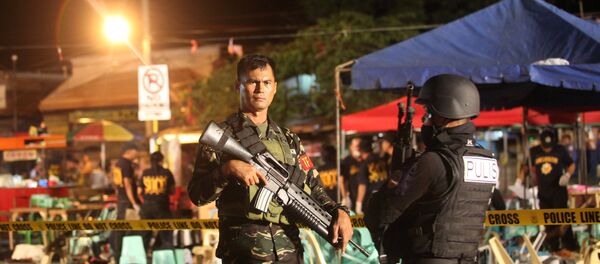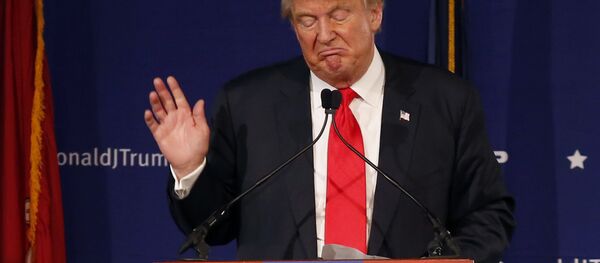The United States and Russia inch closer to completing a major agreement calling for military and intelligence cooperation in Syria in exchange for Russia agreeing to pressure President Bashar al-Assad to refrain from targeting civilian dense areas and allowing for both food and medical aid to flow into impacted areas according to reports from CBS News correspondent Margaret Brennan.
Pursuant to the proposed arrangement, the US and Russia would coordinate airstrikes against Daesh (ISIS) as well as al Qaeda-linked terrorists including the former al-Nusra Front. While the United States and Russia would jointly takeover the aerial campaign against jihadists in Syria, Assad’s Syrian Arab Army Air Force would be grounded in a bid to prevent unnecessary collateral damage against civilians and US-backed rebels.
The measure looks to rectify a major point of contention between the United States and Russia with many of the so-called 'moderate' rebels now finding themselves embedded with the freshly rebranded al-Qaeda affiliate formerly known as al-Nusra Front under the umbrella group known as The Army of Conquest. Russian airstrikes against al-Nusra targets have often come under scrutiny due to the interwoven nature of the anti-Assad alliance.
Washington appears to have a desire to prevent the conflict in Syria from taking on any additional fronts after Turkey entered into the Syrian conflict with a full-throttled air and ground campaign against US-backed YPG Kurdish rebels – a group with which US Special Forces are embedded with creating a severe danger of unintentional friendly fire between the allied countries.
The Obama administration has also found itself facing split allegiances in its bid to prop up anti-Assad rebels while fighting against Daesh (ISIS) militants with al-Nusra occupying a space within the coalition against the Syrian President that awkwardly bridges these forces with Daesh. While the United States considers al-Nusra to be a terrorist organization and does not provide weapons to the former al-Qaeda affiliate, the jihadists are often times derivative beneficiaries of US aid to the rebels.
While aligning with the anti-Assad rebels, the United States has also engaged in fierce bombing campaigns against al-Nusra objectives despite the group serving as the vanguard in the rebel effort to break the siege of Aleppo.
The complex war zone environment in Syria has left many sides wondering who they are fighting and with somewhat unimaginable alliances of opportunity forming between different parties in the struggle.
The negotiations are a final salvo by the Obama administration to prevent the surge in deaths in Syria and to stem the flow of refugees into Europe at a time when the conflict nears a breaking point. Efforts at diplomacy appear to be led by a move dovish wing in the State Department including Secretary John Kerry who garnered a greater appreciation for Russia’s role in Syria after Putin helped Obama walk back from the "red-line" while leaders in the Pentagon are reportedly calling for the US to "walk out."
The deal, if completed "would also put Russian President Vladimir Putin back at global player status" according to CBS News analysis of the pending deal which they described as "groundbreaking."







